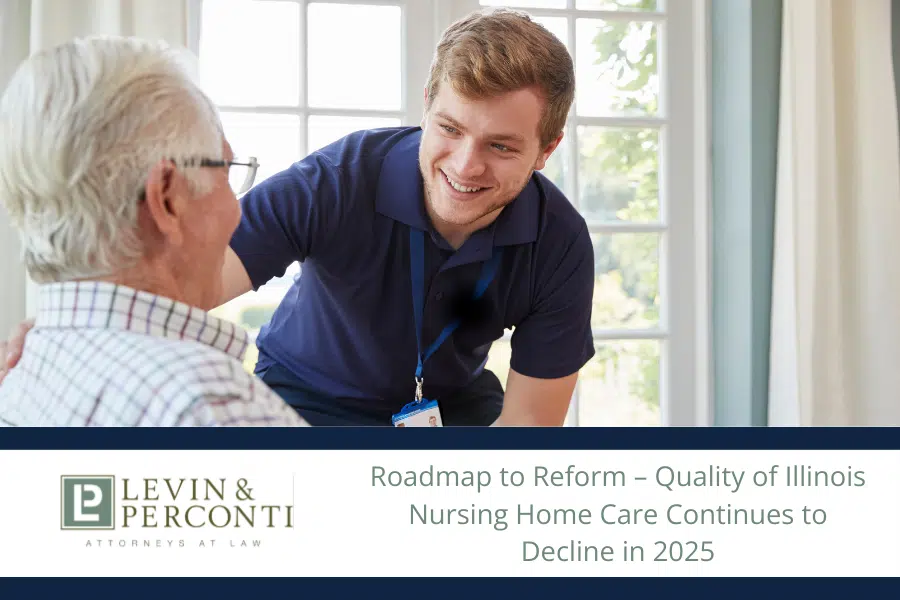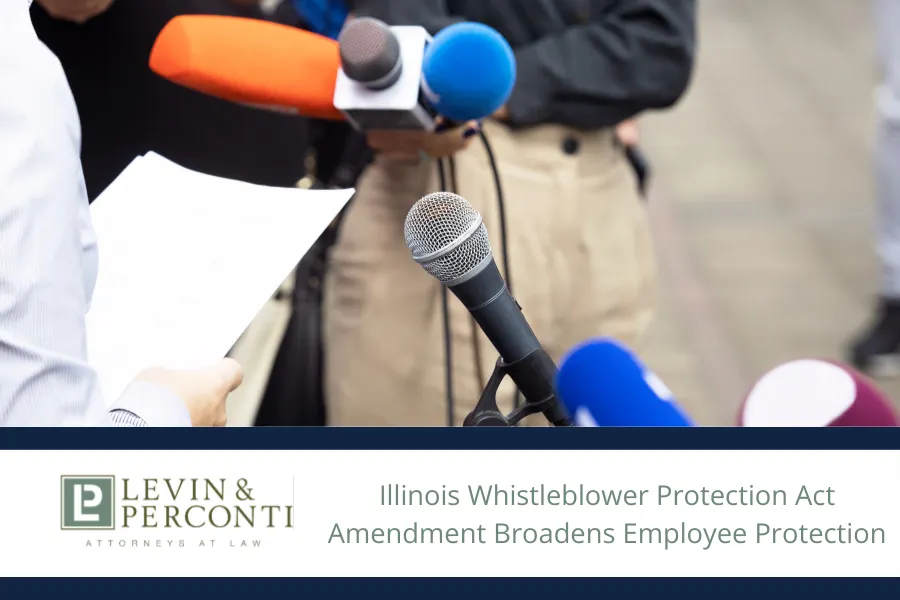So a doctor does not do what he should, breaches standards of care, and a patient is harmed. This is medical malpractice. Whether it is providing a wrong dose of medication, failing to catch a change in condition, or anything in between, when standards of care are not met and harm results, then a patient (and their family) can hold the negligent party accountable.
One complexity that exists in many medical malpractice cases relates to determining all parties which may have played a role. Medical care today is complex, there are different layers of oversight, specialists, and many different caregivers providing various services. When something goes wrong, many of them may have breached reasonable care standards.
Supervising Doctors Held Liable
For example, take even the basic issue of an attending physician who is overseeing a resident-doctor. “Residents” are new doctors who spend the first few years of their career treating patients with close oversight of more experienced professionals. This model of bringing in new doctors while protecting patient safety has long-been a part of American medical education.
However, in recent years there has been a push to enact more safeguards to ensure that patients are not unnecessarily harmed by the inexperienced doctors. For one thing, residents are known to work many long hours. Fatigue often plays a role in medical errors. Their difficult schedule, combined with inexperience, is a recipe for mistakes. To help curb the problem, recently the total hours resident doctors are allowed to work in various periods was curtailed.
Yet, even with the focus on safety, malpractice occurs. When it does, is just the resident doctor liable? The hospital? And what about the attending physician who was supervising the resident.
A recent article posted at AAOS.org offers a helpful discussion of these issues. Notably, the story points out that an attending physician can, in some cases, be vicariously liable for the mistake made by the younger doctor who he was supervising. In the past, some courts have found that the resident mistakes can be transferred to the attending physician when the resident was in the “sphere of control” of the older doctor.
This is similar to an employer being liable for an employee’s conduct while on the job. For example, a truck driver may be employed by a trucking company. If that driver runs a red light and causes and accident while making a delivery, then the trucking company can likely be held liable.
The same general principle applies to doctors and hospitals and resident doctors to attending doctors. However, as a practical matter, in most cases if the error occurs at a large hospital, the vicarious liability will only extend to the actual institution, not the individual supervising doctor.
The bottom line: any time malpractice occurs, many different parties may be involved in a subsequent lawsuit. It is important for all those involved in the care of a patient–including those in a supervising role–act reasonably to prioritize safety. When they fail to do so and a patient is hurt, then it is prudent to ensure accountability and redress.



